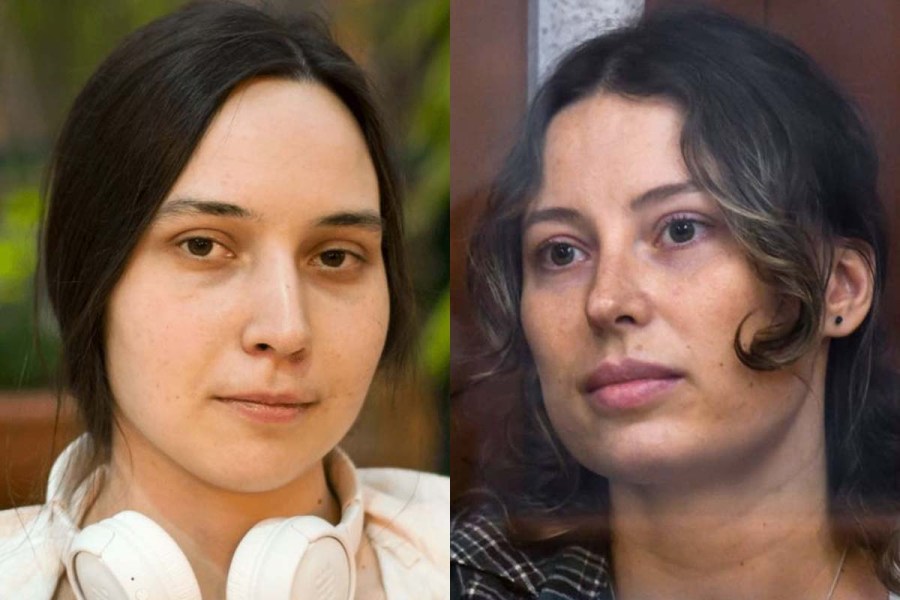On Monday, President Donald Trump met with Russian-American Ksenia Karelina, a former ballerina who was arrested during a family trip to Russia last year for donating roughly $52 to support Ukrainian aid in 2022. She was later sentenced to 12 years in a Russian penal colony for “high treason.”
Of course, Karelina’s return to the U.S. is itself major news. Last month, after UFC CEO Dana White discussed Karelina’s plight with Trump, the Trump administration negotiated a prisoner swap in which Karelina was released in exchange for Arthur Petrov, a German-Russian national indicted last year for allegedly exporting sensitive U.S.-sourced microelectronics. The release of the “young ballerina” was apparently important enough for Trump to involve the CIA — and ultimately resulted in the release of an alleged material supporter of the Russian military.
President @realDonaldTrump meets with Ksenia Karelina, American ballerina freed from Russian prison 🙏🏼🇺🇸 pic.twitter.com/SQajPB2Far
— Margo Martin (@MargoMartin47) May 5, 2025
That Karelina is no criminal and deserves to be back in Los Angeles, where she works as an aesthetician, is without question. But her much-heralded meeting with Trump makes me wonder why the administration isn’t equally worked up about the liberty of another woman of Russian descent — one with a strikingly similar name.
Kseniia Petrova, a Russian Harvard University scientist, has been stuck in a Louisiana immigration jail for more than two months now. And like Karelina, she is young (both women are in their early 30s) and has reportedly opposed Russia’s invasion of Ukraine. Indeed, both women fell afoul of Russian authorities within days of each other: Karelina made her donation on Feb. 24, 2022, the day Russia began its full-scale invasion; Petrova called for Russian President Vladimir Putin’s impeachment on her Facebook page on Feb. 27 and was arrested before she managed to escape to the country of Georgia and then the United States.
Most importantly, neither has committed any crime under U.S. law. Yet while Trump has embraced Karelina, his administration has punished Petrova, a Russian national employed at Harvard on a J-1 visa.
On Feb. 16, Petrova was detained upon returning to Boston from Paris and was later transferred to Immigration and Customs Enforcement custody in Vermont and then Louisiana. Her alleged offense? Failing to disclose on a customs form that she was carrying “samples of frog embryos she had carried from France at the request of her boss at Harvard” and purportedly lying about them, reported The New York Times. Petrova, in a statement provided by her legal team, denied providing any false information and took responsibility for not reviewing the requirements for customs paperwork.

To the extent that the embryos were required to be disclosed — something her legal team has challenged — such a lack of disclosure is usually remedied by a $500 fine. Instead, the Trump administration has put her into deportation proceedings; Petrova, for her part, immediately claimed asylum, noting that if deported to Russia, she would face retribution for her political views.












